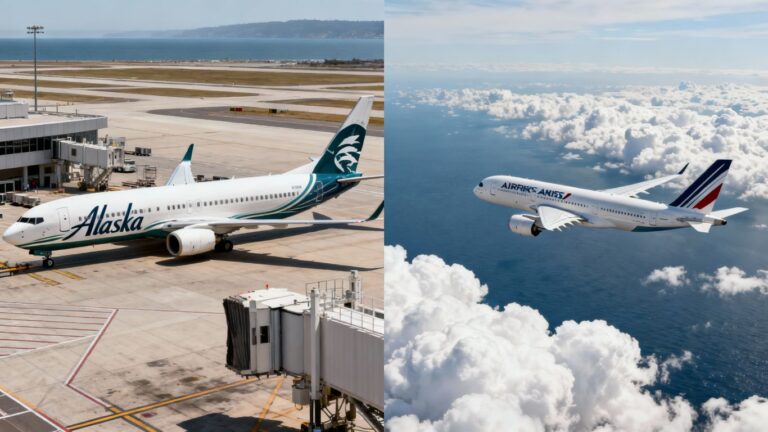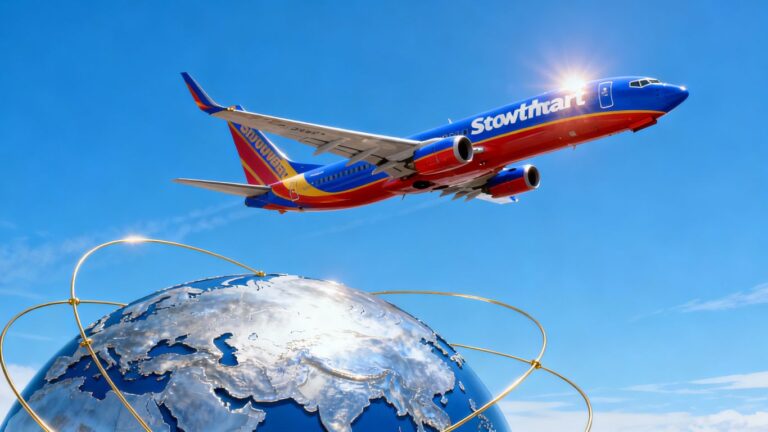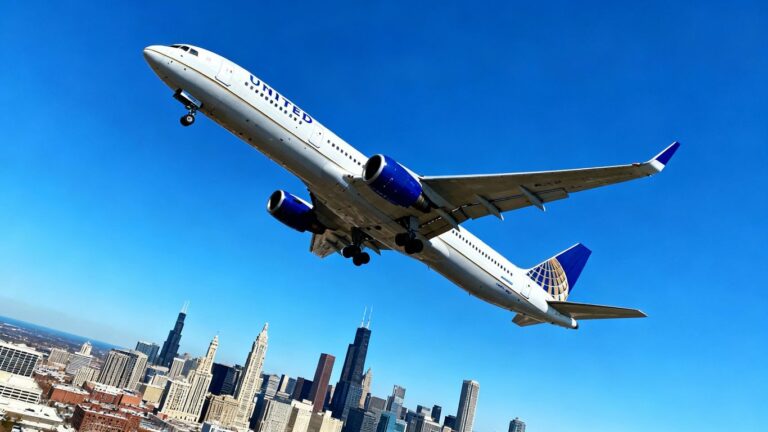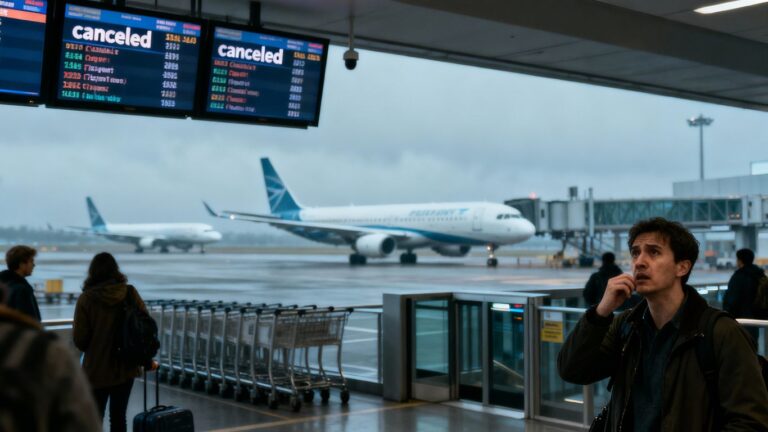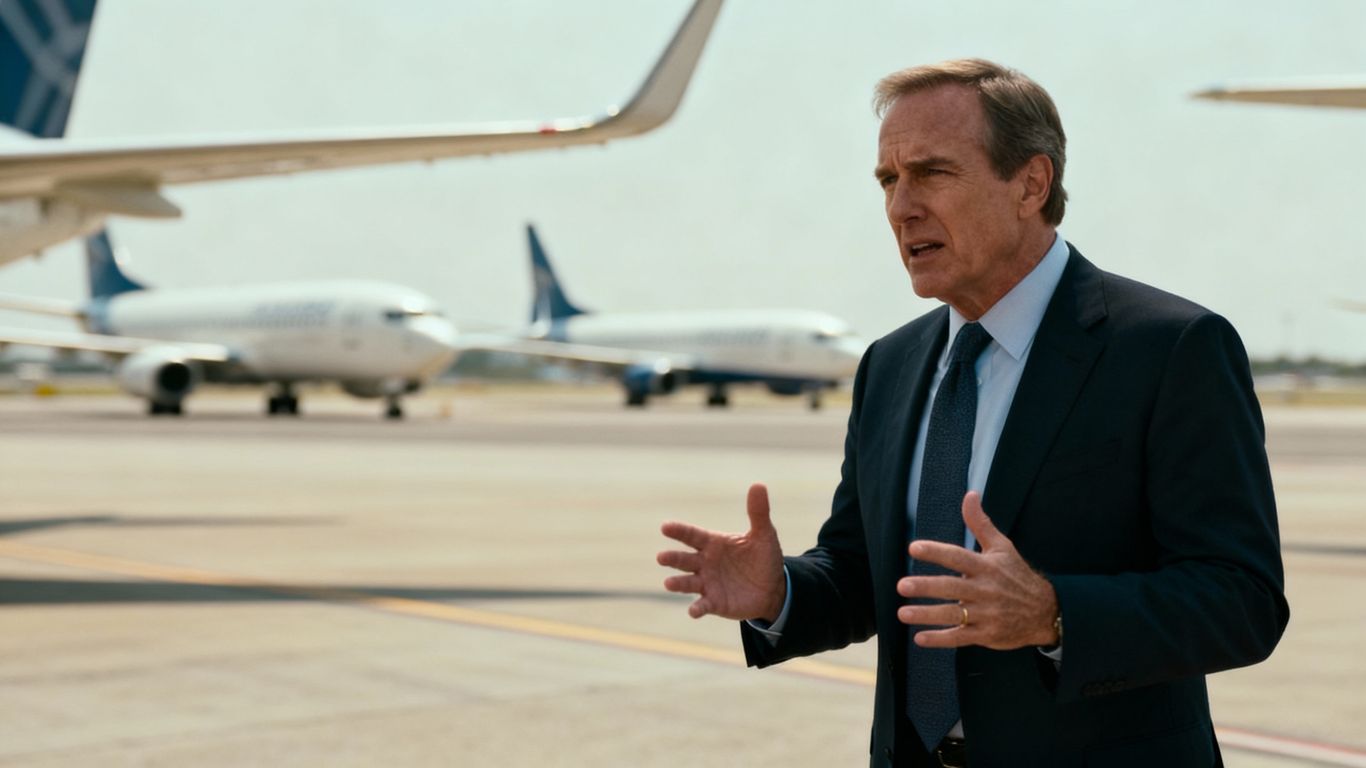
Former Delta and Northwest CEO Richard Anderson has asserted that government antitrust enforcement has inadvertently harmed airline competition. Speaking on the Airlines Confidential podcast, Anderson argued that regulatory actions, particularly the blocking of mergers and acquisitions, have led to a less competitive landscape, contrary to their intended purpose. He suggested that past regulatory decisions prevented the formation of a fourth major network carrier, ultimately contributing to the current market structure.
Key Takeaways
- Antitrust enforcement, intended to protect competition, may have had the opposite effect.
- Government intervention in mergers has consolidated the market, benefiting large carriers.
- The blocking of the JetBlue-Spirit merger is cited as a recent example of government intervention with unintended consequences.
The Consolidation Effect
Anderson pointed to a series of mergers, including Delta’s acquisition of Northwest and American’s takeover of US Airways, as the natural progression of the industry. He contended that if the Clinton Justice Department had not sued to block Northwest’s proposed combination with Continental in 1998, a fourth major network carrier might exist today. This, he believes, would have fostered greater competition.
The
